I recently spent a year of my life on a 37,000-mile prayer pilgrimage around the world. As I trekked around our giant planet, I discovered an entire world of interesting prayer traditions—silent prayers with Quakers, loud prayers at a Benny Hinn convention, dancing prayers with ultra-orthodox Hasidic Jews, desperate prayers as I walked across a bed of hot coals, prayers of thanksgiving when I had lunch at the pope’s house.
As I experienced the vast array of incredibly beautiful Judeo-Christian prayer traditions, I discovered one powerful thing that unites the Protestant, Catholic and Orthodox worlds:
Beards.
On my trek, I had the opportunity to visit Mount Athos, an all-male (animals included) “holy mountain” in Greece. I was surrounded by Gandalfs and Dumbledores, each with an average beard length of about 8 inches. One particularly godly monk on Athos had a knee-brusher so long that he supposedly stopped wearing clothes.

The Way of the Beard
Consider this fact: Men have been growing facial foliage since the beginning of time. While it’s not officially mentioned in Genesis, I’m pretty sure that in the beginning, God created the heavens and the beards.
Facial hair has played an important role in history. Otto the Great swore great oaths by his beard. In the Middle Ages, touching a dude’s beard was grounds for a duel. Don’t quote me on this, but I’m also fairly certain Vikings were born with beards.
Beards are also a staple in Bible stories: The patriarch Abraham had a beard.

So did his son, Isaac. Though not as hairy as his caveman brother Esau, Jacob is often depicted with a manly mane.
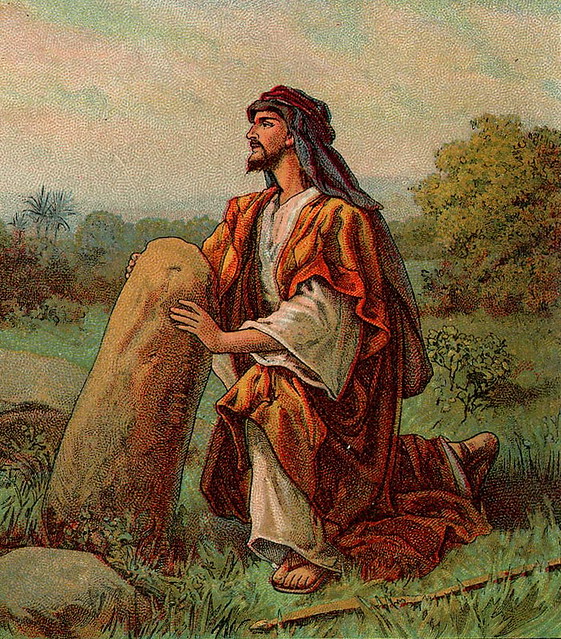
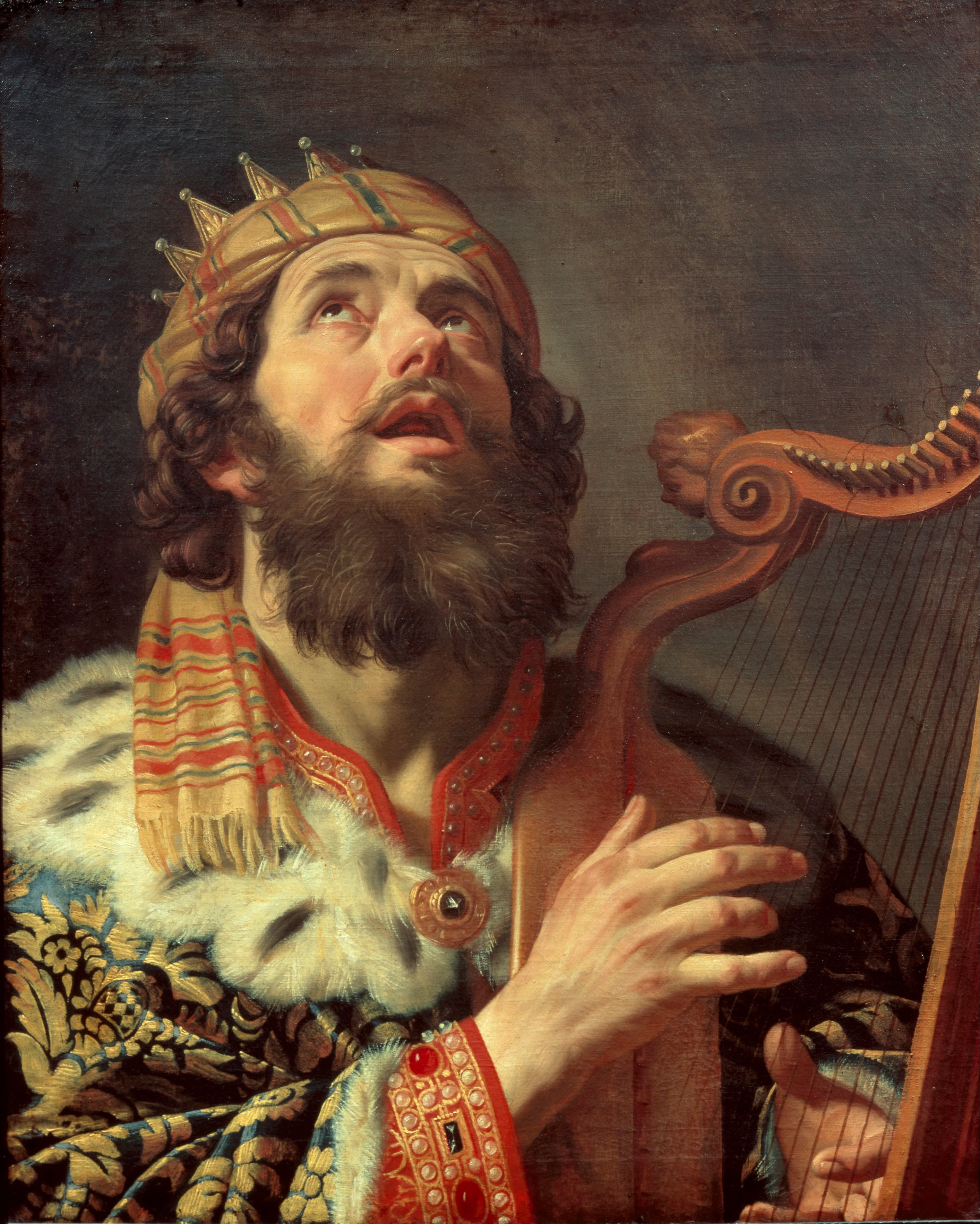
King David wore a beard, as did his wise-guy son, Solomon. Moses wore a beard, obviously, and Aaron’s beard is specifically mentioned in Psalm 133. Joseph also had a crumb-catcher until the Pharaoh turned him into a sassy Egyptian.
Noah/Russel Crowe had a beard.



Job, Elijah, Jeremiah, Ezra and the Apostle Paul were all bearded. I couldn’t find any women in the Bible who had a beard, but there’s no version that says that they didn’t have beards, so that’s something.
Do you know who else had a beard?

If we believe the (bearded) Michelangelo

and his Sistine Chapel, then we know that God Himself proudly displays Santa-like plumage.

Great Beards of the Early Church
Throughout history, Christian men have gloried in male pattern magnificence. Saint Benedict of Nursia wore an superb double forker.

Euthymius wouldn’t allow cleanshaven monks to enter his Judean Desert monastery.

St. Francis of Assisi had a beard, and now there’s a pope named after him.
This article isn’t the first piece that’s been written in defense of beards, of course.
According to Ted Olson, Abbot Burchard of Bellavaux wrote Apologia de Barbis in 1160, as “a treatise on the biblical, theological, moral, social, and allegorical implications of beards.”
In 1531, Piero Valeriano Bolzani wrote Pro Sacerdotum Barbis, after the (beardless) Pope Clement VII thought about forcing priests to manscape their faces. Little did he know that a beard covers a multitude of chins.
Of all the great Christian men who wore beards, none stands so highly as the martyr Sir Thomas More. On the day of his beheading, the tufted knight supposedly positioned his beard away from his soon-to-be-severed neck, saying “My beard has not been guilty of treason, and it would be an injustice to punish it.”
John Knox and Menno Simons founded entire denominations, most likely on the strength of their beards. Hasidic Jews, Quakers, Greek Orthodox, hipster pastors and worship leaders—all bearded.
Speaking of bearded worship leaders, consider Keith Green.
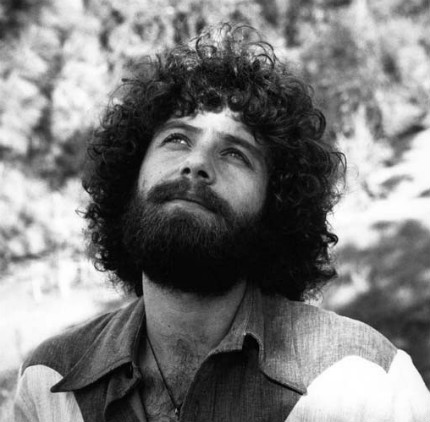
Just look at the history of Beard-ianity: St. John Chrysostom, Lactantius, James the Greater, Saint Nicholas, Saint Patrick, Gregory of Nyssa, Charles Finney. Beards, beards, beardy beards.
Shaves of Gray
Why do godly men choose to grow their own neck scarves?
Because it’s awesome.
Yet, despite a clear Biblical and historical bias towards beardliness, a number of Christian institutions and Bible colleges have, throughout the years, created policies that expressly forbade the cultivation of facial manliness. Historical anti-beard institutions include Bob Jones University, Moody Bible Institute, The Salvation Army, and Pensacola Christian College. Liberty University’s dress code stills insists that “facial hair should be neatly trimmed.” So much for liberty.
Hear these words, baby-faced college deans: Dihydrotestosterone, the chemical that promotes beard growth (and sadly, balding) is God’s gift to man-folk.
But don’t take my word for it. We beardies stand on the shoulders of elegantly bearded giants…
“Growing a beard is a habit most natural, Scriptural, manly and beneficial.” — C.H. Spurgeon
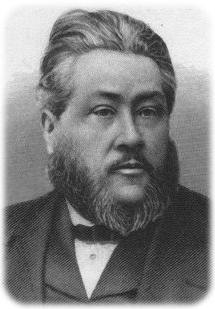
“The beard must not be plucked. ‘You will not deface the figure of your beard.’” —St. Cyprian
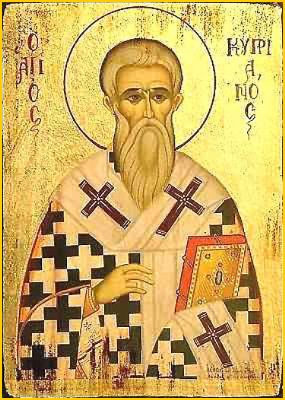
“The nature of the beard contributes in an incredible degree to distinguish the maturity of bodies … to contribute to the beauty of manliness and strength.” —Lactantius

“The beard signifies the courageous … the earnest, the active, the vigorous. So that when we describe such, we say, he is a bearded man.” —St. Augustine

“[God] adorned man like the lions, with a beard, and endowed him as an attribute of manhood … a sign of strength and rule.” —Clement of Alexandria.

You need Scriptural proof, you say? I’ll give you three, but be forewarned: if we hear the Word of God, yet fail to do what it says …
You shall not round off the hair on your temples or mar the edges of your beard. —Leviticus 19:27
The men were greatly ashamed. And King David said, “Remain at Jericho until your beards have grown and then return.” —2 Samuel 10:5
If I am shaved, then my strength will leave me and I will become weak and be like any other man.” —Judges 16:17
There you have it. Shave at your own peril henceforth.
Grow your beards!























